Guest post by Jacqueline H.R. DeMeritt

Evidence of Syria’s chemical attack on civilians is mounting, and military intervention appears increasingly inevitable. Political leaders from the United States and its allies have stopped debating the merits of (non)intervention and begun discussing how best to respond. There is an undeniable moral attraction in targeting the weapons in question themselves, but attacking chemical weapons storage depots could bring environmental catastrophe, and any remaining weapons would be vulnerable to pillage.
The limited military actions being considered may be the wiser choice. By design, strikes aimed at military units that carried out the attacks and headquarters that supervised their activities would “deter and degrade” the Syrian ability to launch future chemical assaults. And such action may yield another positive outcome — dissuading Syrian fighters from engaging in further violence against civilians.
Leaders make policy decisions, including the decision to kill noncombatants. But individual perpetrators translate policy into practice. Bashar al-Assad’s military forces, as much as al-Assad himself, killed those civilians. And those forces, as much as al-Assad, may be the key to saving lives in the future. We do not know how the Syrian president will respond to military intervention. But regardless of his reaction, intervention may limit civilian losses if the intervention threatens the security of those persons tasked with killing. Might a soldier not privilege his own survival above an order issued from on high?
It is silly, of course, to expect soldiers to broadcast intentions to place their own lives above duty. But reports from refugees seeking safety in Lebanon suggest that it is possible, perhaps even likely. “Those who are in support of the regime say that they will sacrifice themselves for Syria and Assad. But they all will run away at the first bullet. We expect the soldiers to flee with the first US rocket landing on Syrian land. We can feel that the soldiers are in a state of high alert and fear,” says Assad Ali. And Salah Abur Rahman reports, “My uncle is a senior officer. He is one of the decision-makers, and this week the only decision he’s making is where to take shelter from the American planes.”
If intervention is coming — and it certainly seems that it is — we cannot know how Bashar al-Assad will react. But perhaps his soldiers will curb the bloodshed in order to ensure their own existence.
Jacqueline H.R. DeMeritt is an Assistant Professor of Political Science at the University of North Texas.


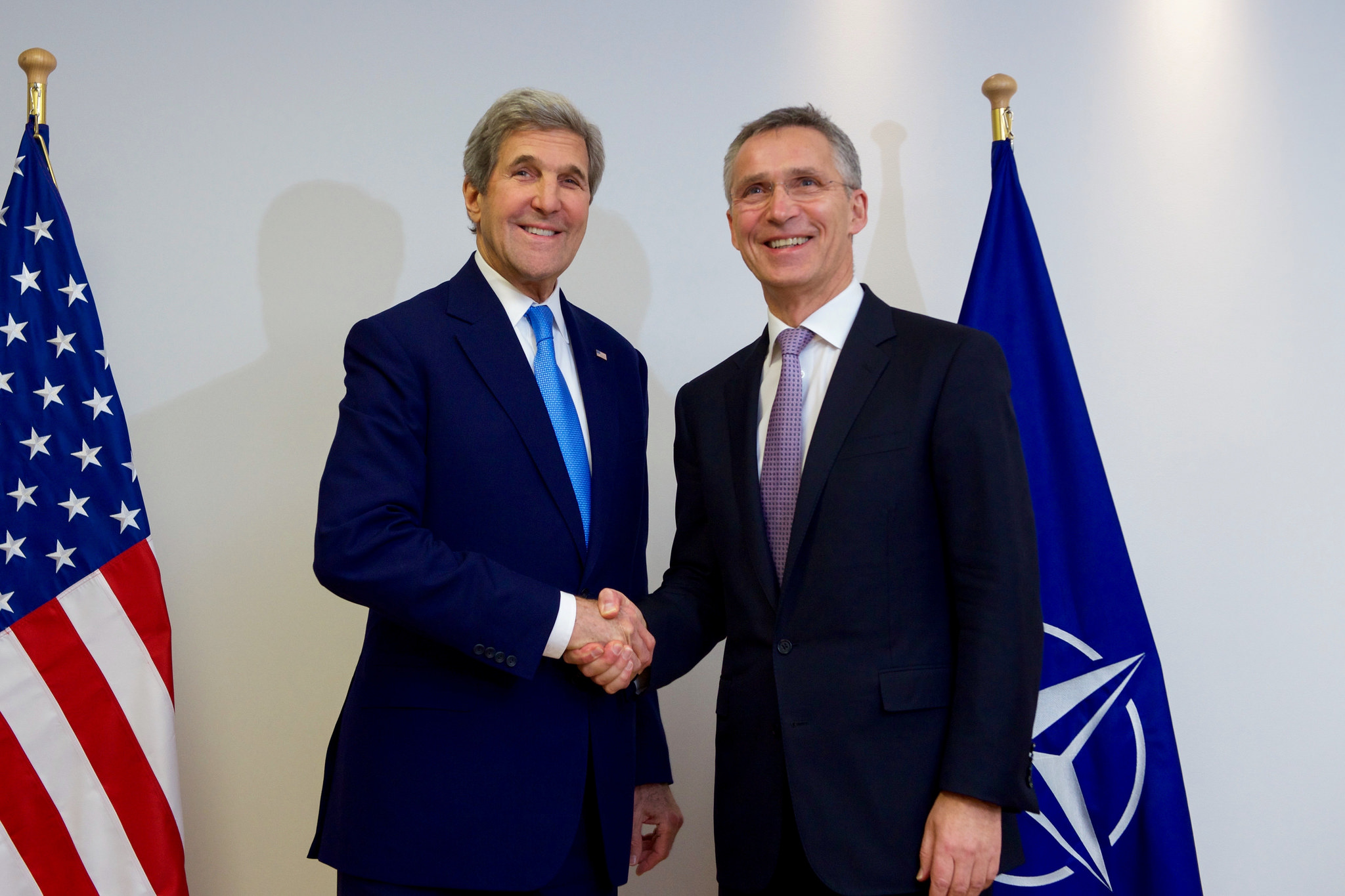
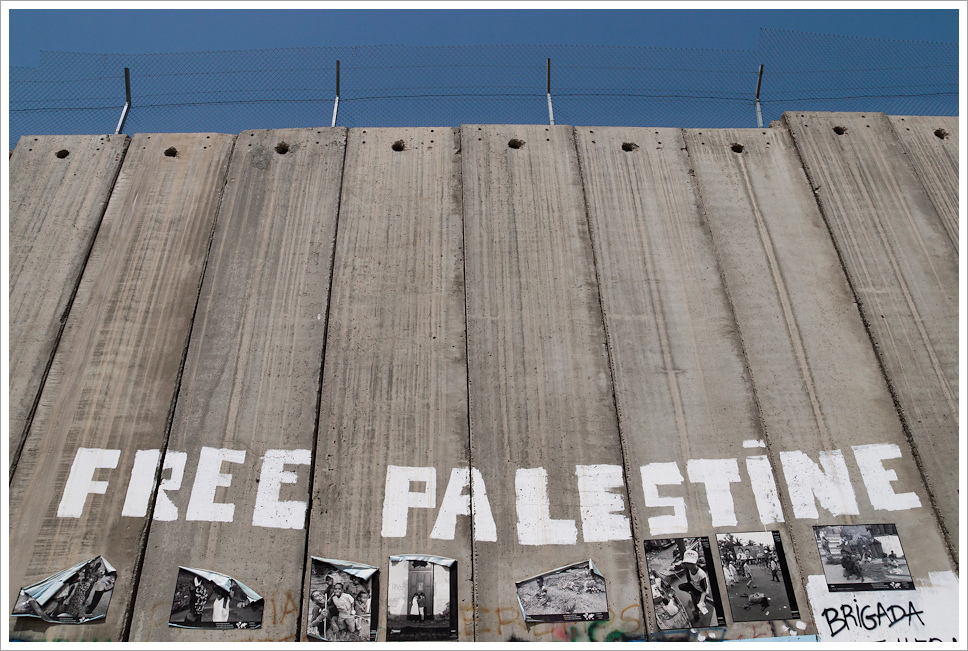
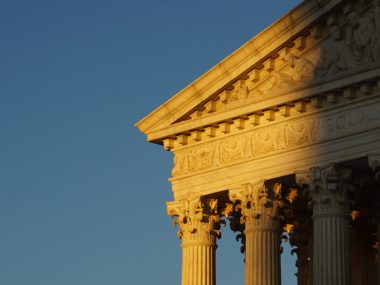
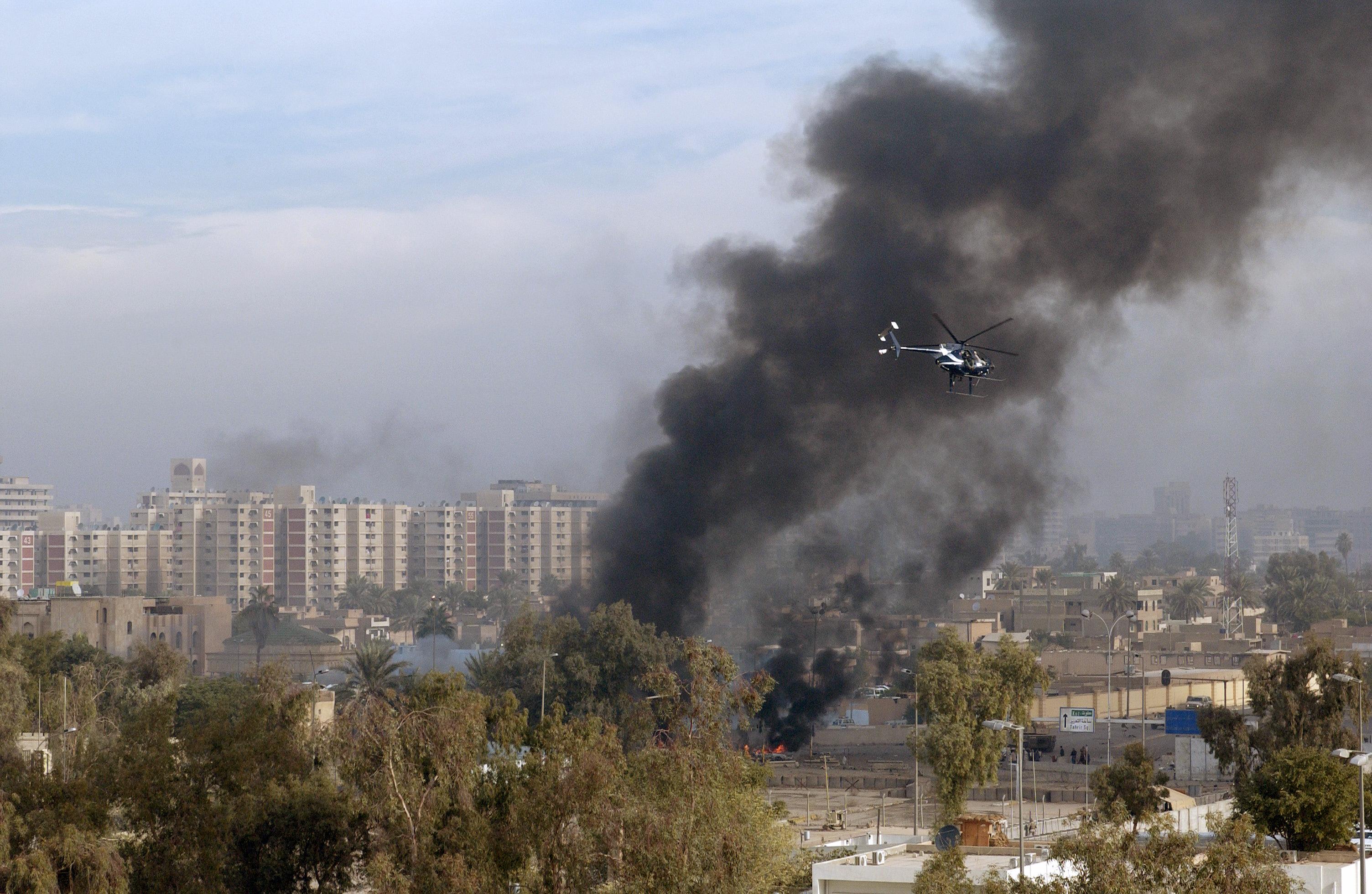
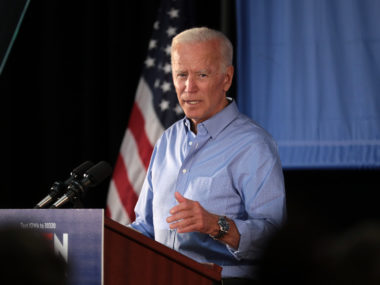
5 comments
You write very fluently, it’s somewhat refreshing. In addition to something I posted a while back, you may be interested in this:
http://rileyfrost.wordpress.com/2013/08/29/if-intervention-is-the-chosen-solution-what-is-the-most-suitable-course-of-action-in-syria/
Thank you so much for the compliment, though I fear it is unwarranted. I enjoyed your linked post a lot, and agree with the point(s) that “we must make an attempt to tilt power in the favour of the rebels” but that before Western powers can throw full weight behind those rebels they “[must] have control of major strongholds, the Assad family [must be] dead and chemical weapons stores [must be] destroyed.” The key difference between my suggestions above and yours, I suspect, is that I spoke to the goal of limiting the current civilian bloodshed, while you spoke to the goal of decisive military victory.
I was also intrigued by your claim that “the Assad family must be targeted as their influence is crucial, not only in a directional but also motivational capacity for national combatants.” If the Assad family serves as a rallying point for Syrian soldiers, it may suggest another means of leverage in the … forgive me … fight for peace.
“in order to ensure their own existence”
This is the problem with the argument. In the eyes of many members of the security apparatus, the military success of the regime is the only way to ensure their own existence. West Asia is a hard place to be a minority. Particularly after the way the colonial projects in the region lifted minorities into positions of power over the majority populations. The Allawi in Syria do not want to end up like the Armenian in Turkey, or the Christians in Iraq.
In Syria, the Allawi have had their boots to the throats of the majority Sunni since 1970. Torture and brutality were integral to the functioning of the state for that entire time – as I’m sure you know.
The Allawi (and other collaborating elements of both Sunni and other minority communities) believe strongly that they must fight to keep control over the territory they currently hold – for their own survival because of that brutal past. I think they are right to be afraid. Who knows what would happen in Allawi towns are overrun by opposition forces. It is likely to be very ugly.
This is will not be solved by pressure, including military pressure from the West short of large troop commitments.
The best thing international institutions and Western powers can do would be to help carve-out lines of control for the major parties involved (the Syrian state in the North-West, the Kurd’s in the North-East and the Sunni majority in the South) and start building a Lebanon-like political apparatus.
But even that is pie in the sky I am afraid.
The survival of minority groups is a very real and important part of this story, to be sure. That said, I was thinking more immediately — if individuals die, their identities die with them.